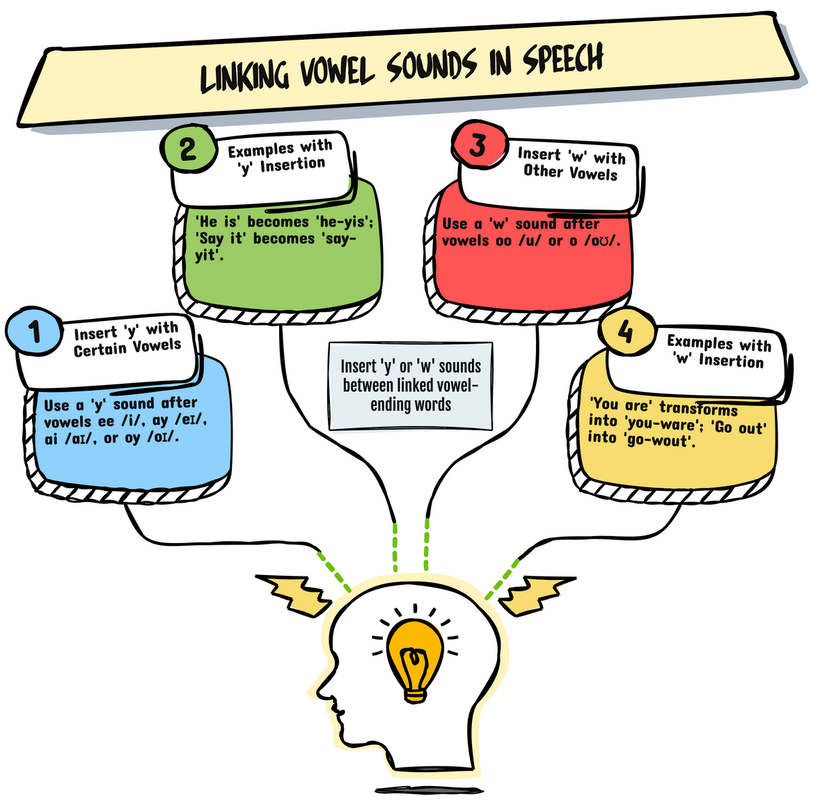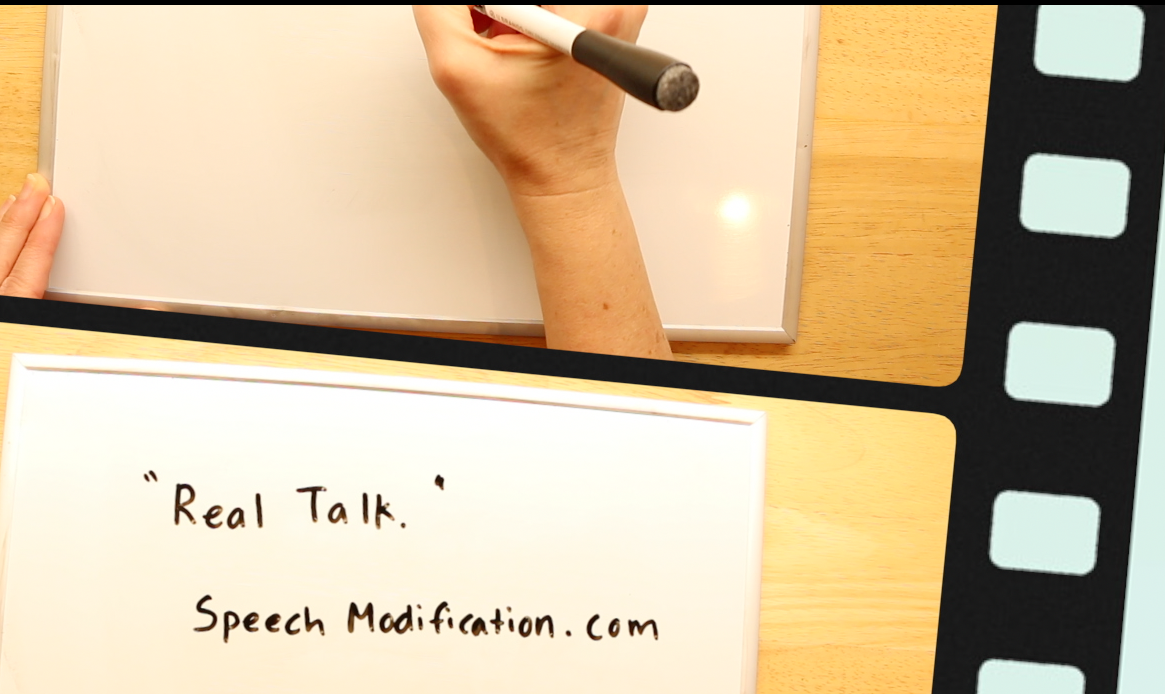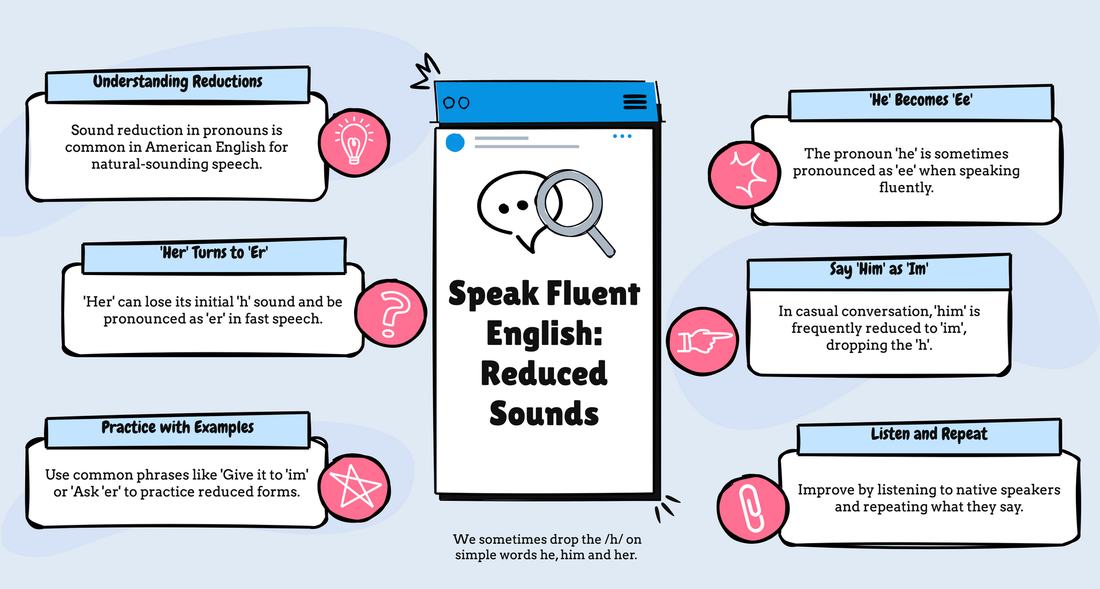Want to improve your speaking and listening skills? Our "Real Talk" video series shows you how the spoken word differs from written English. Using clips from conversations, tv, and even commercials, we find the linking and reduced sounds in the "real talk" from American speakers.
This series is part of ourS.M.A.R.T. Video Course. Go to our store and subscribe today!
What's your favorite show? Tell us in the comments, and we'll look for a good clip for our next "Real Talk" video!
 When a word ending in a vowel is followed by a word with a vowel, we often link the words together by inserting an extra “y” or “w” sound. You are sounds like you-ware. He is sounds like he-yis. The pattern is as follows: 1) When the word ends with vowel ee /i/, vowel ay /e/, or diphthong ai /aɪ/ or oy /oɪ/, insert a “y” sound before the next vowel.
2) When the word ends with vowel oo /u/ or vowel o /o/, insert a “w” sound before the next vowel.
Listen to the phrases above. First they are pronounced separately, then linked. Practice running the words together for a more natural, American-sounding pronunciation.
Want more like this? Purchase a subscription to our SMART online practice. Americans frequently simplify or reduce sounds in words in running speech. When pronouns beginning with “h” are in the middle and ends of phrases, the “h” is sometimes left off, as the pronouns are not stressed. For example, “Is he busy?” sounds more like “Izzy busy?” Try the following phrases, using a silent “h” on the words he, her and him.
Want more like this? Check out our REAL TALK online course!
One of most common pronunciation errors for non-native English speakers is using a “t” sound instead of a “d” sound and the end of a word. Did sounds more like dit. Had sounds more like hat. To correct this error pattern, practice linking the final d sound to the next word. For example, instead of did I, say, dih die? Instead of had it, say hadit. Linking the d will not only sound more American, it will help you correct the error of using a t sound instead of a d sound on these words. Try some of the phrases below to practice your d sound on the ends of words.
Like this? Subscribe to receive the latest updates.
|
Categories
All
Archives
May 2024
Have Questions?
Get A Free Consultation We offer a free 30-minute phone consultation. Schedule yours now. |


 RSS Feed
RSS Feed

